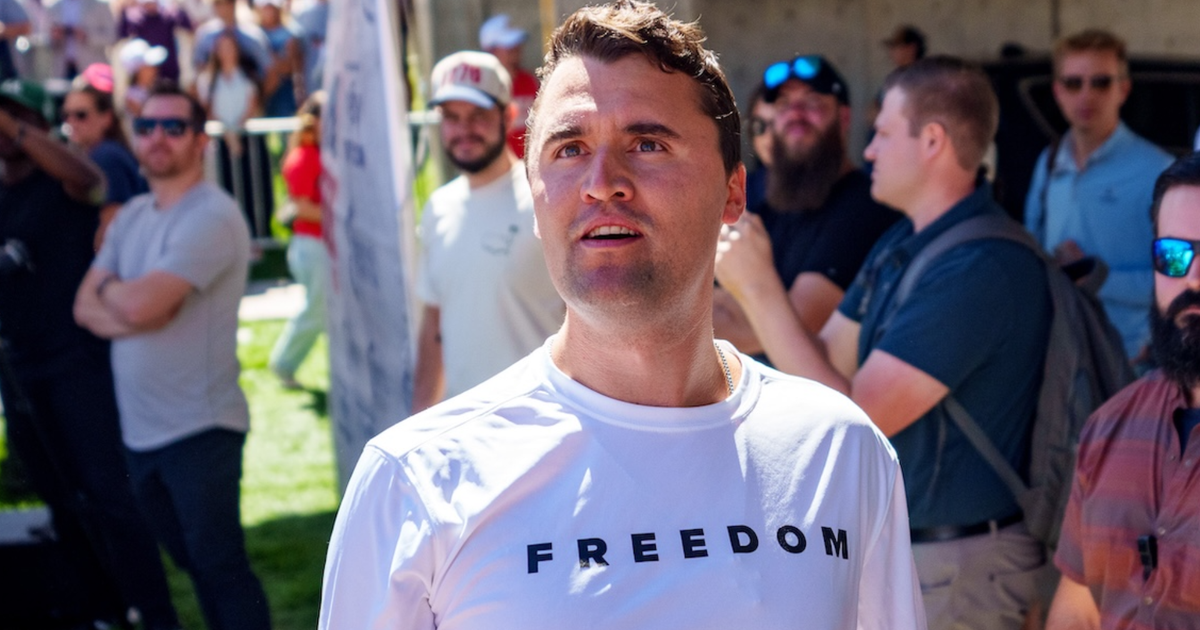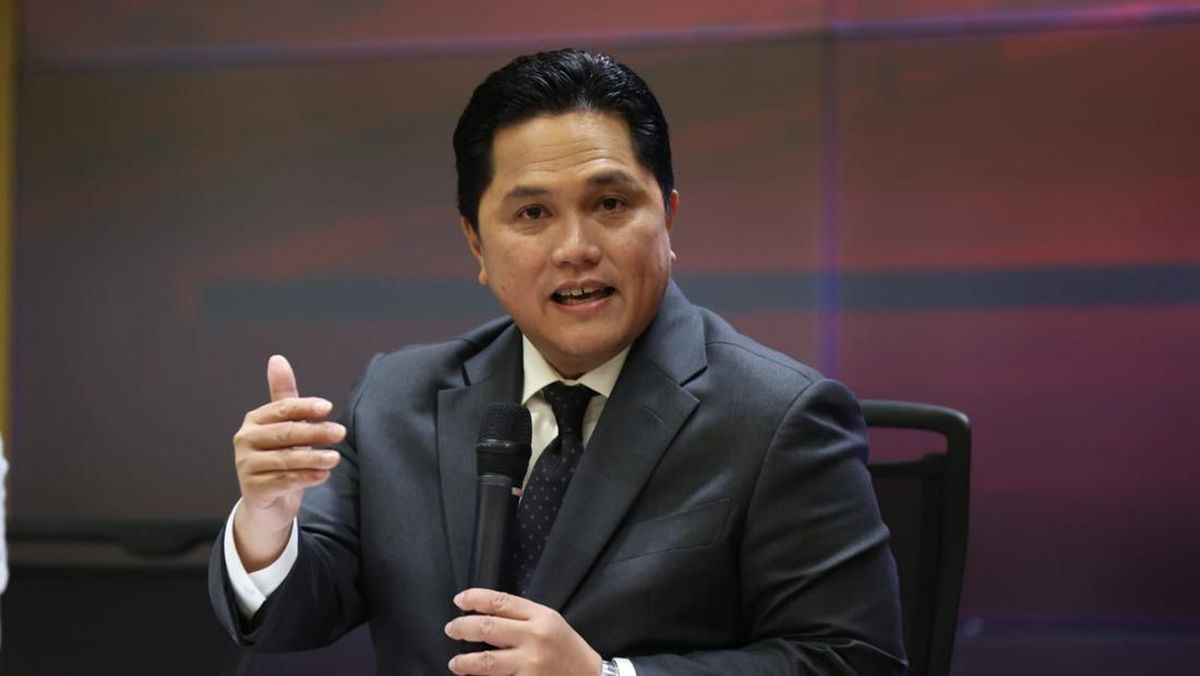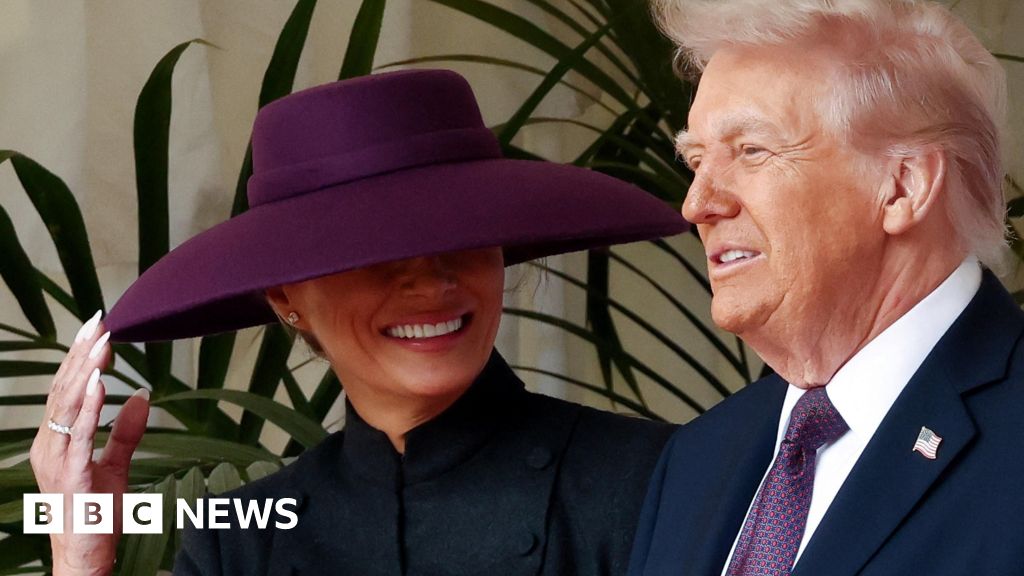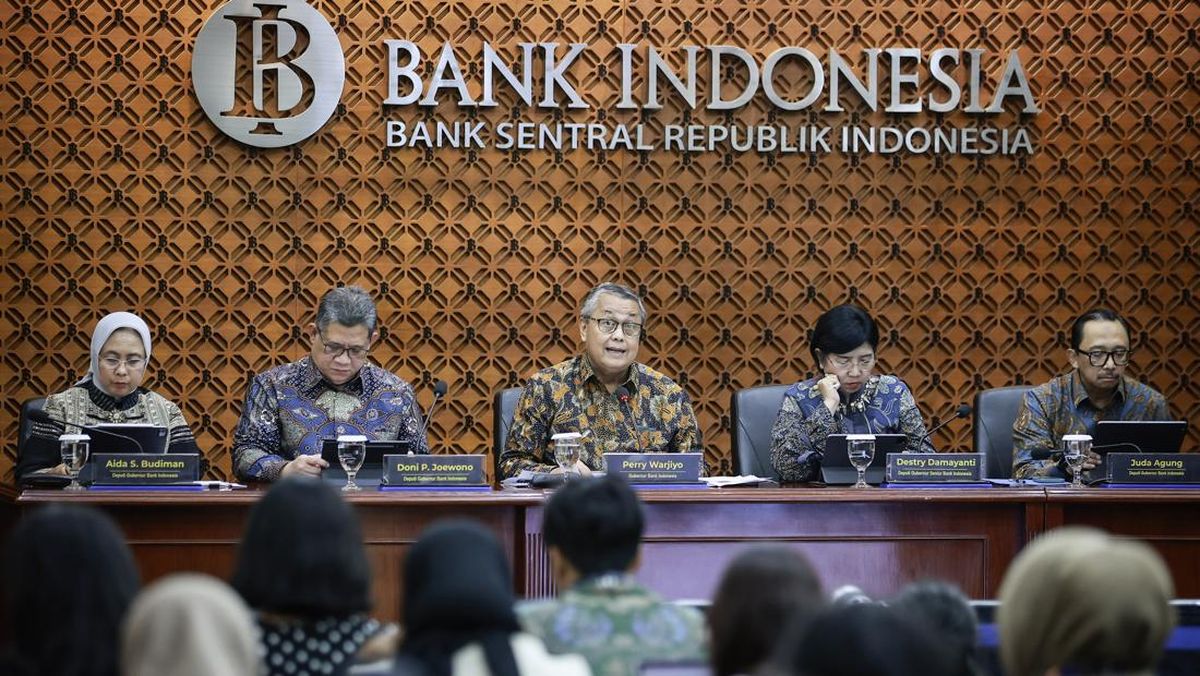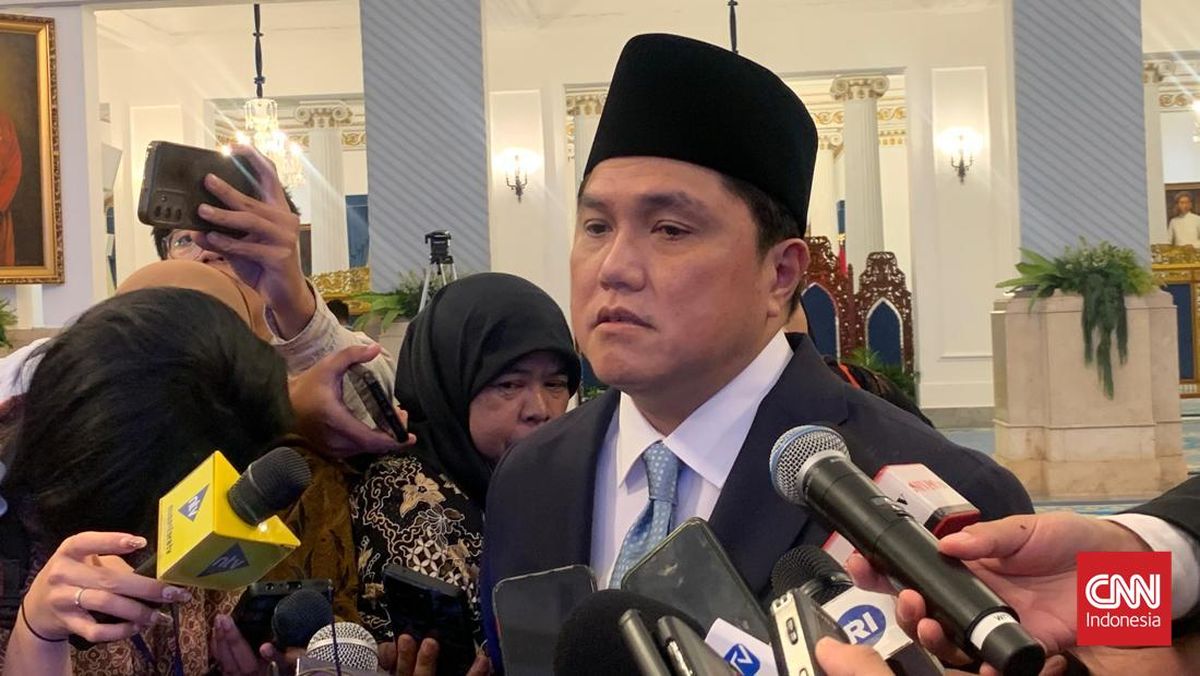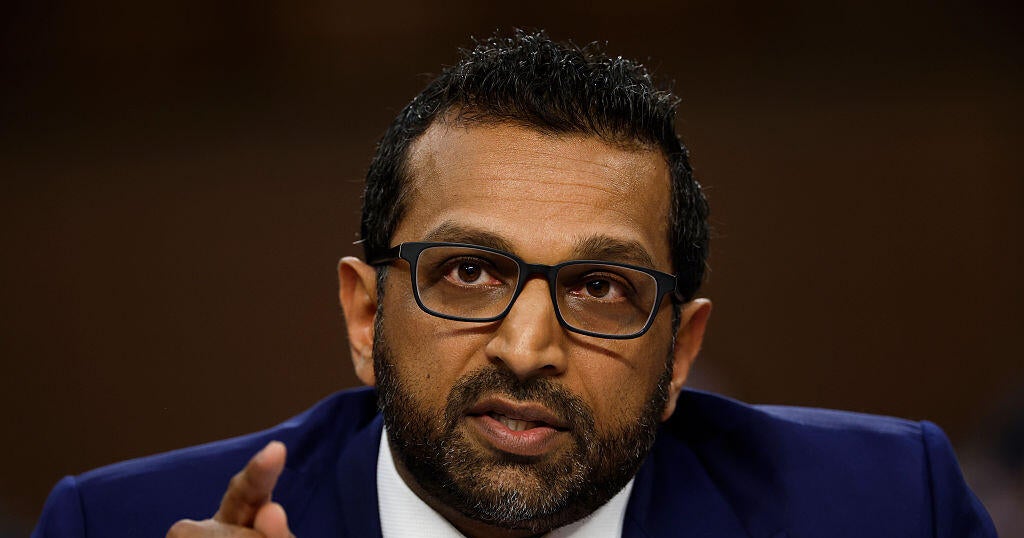Since US Defence Secretary Pete Hegseth demanded that Australia immediately increase its defence spending to 3.5 per cent of GDP, many in the domestic defence commentariat have followed suit, sensing a unique opportunity to wedge the Albanese government. This push for Australian militarisation is about more than just national security. It threatens the viability of the very social policy agenda that voters emphatically endorsed in the May 2025 election.
The recent commitment by NATO members to spend 3.5 per cent of GDP on “core defence requirements” and an additional 1.5 per cent of GDP on broader defence investments has supposedly ratcheted up the pressure. Of course, such calls neglect major differences between NATO members and Australia. As argued by Professor Peter Dean, co-author of Australia’s 2023 Defence Strategic Review, NATO members are facing an active Russia-Ukraine war and, unlike Australia, also benefit from NATO’s US-led collective defence arrangements. However, Dean still calls for an increase to 3 per cent, in line with a 2025 Australian Strategic Policy Institute report.

Does Anthony Albanese (right) really want to follow Donald Trump’s lead on defence spending?Credit: Marija Ercegovac
Prime Minister Anthony Albanese has so far admirably resisted this pressure campaign. Considering his government’s booming electoral victory, this is understandable. The Coalition’s vague and unfunded commitment to the 3 per cent target was emphatically defeated at the ballot box. And as explained by Sam Roggeveen, director of the Lowy Institute’s International Security Program, increased defence spending would require “the government to either borrow more, cut spending, increase taxation, or all three”, just as it is trying to implement its social policy mandate.
The policy trade-offs required to reach a 3 or 3.5 per cent target would be particularly severe. Meeting the 3.5 per cent target would require cuts equivalent to further reducing spending on the National Disability Insurance Scheme by more than half. In terms of new spending, it would cost $210 billion extra over a decade, according to analysis by this masthead. That would be more costly than both implementing universal affordable childcare (estimated at $7.3 billion a year) and expanding Medicare to include dental ($12 billion), two long-time progressive priorities. As a result, defence spending would then become the driving prerogative of Treasurer Jim Chalmers’s push for tax reform.
No other budget area would receive a blank cheque for such vast amounts of money. The NDIS has been revised significantly to contain spending growth and improve its efficacy. And the Defence portfolio itself has persistently failed to deliver on major projects. The pre-AUKUS conventional submarine program suffered from major cost blowouts and delays, and there are rising concerns about navy ship maintenance issues. To make matters worse, it appears that the Defence bureaucracy has inadequately advised Defence Minister Richard Marles on Australia’s defence readiness.
Loading
Given rising US-China tensions, as well as China’s continued militarisation of the South China Sea, it is entirely plausible that Australia should consider how to improve its defence capabilities, including via increased spending. But this debate ought to be carried out with the utmost respect for the Australian public and the mandate that it has so recently provided the government.
The first priority should be to identify and reduce existing defence spending inefficiencies. Any new spending measures should then be thoroughly justified via rigorous public and parliamentary debate, including in comparison to alternative social policy priorities. It is entirely possible, and in fact likely, that parliamentarians and voters would much prefer universal affordable childcare to quixotic attempts to make Australia a regional military power. This is especially so as, unlike, for example, acquiring foreign nuclear submarines, many of the Albanese government’s social spending priorities would help to boost Australia’s GDP over the medium term, indirectly benefiting the defence sector. Moreover, the benefits of generational social policy interventions are far more certain than the speculative insurance mechanism of new weapons.
In this context, the motivation behind calls to increase Australian defence spending dramatically is clear. They continue a long-running disregard by the national security establishment for popular sentiment, which is evidently most in favour of direct and urgent action on the cost of living, gender equality, and housing affordability, not defence. These calls instead overtly prioritise the conservative political mantra of achieving “peace through strength”, however unattainable this would be for a country of 27 million people.
With the defence commentariat insisting that guns are now more important than butter, it is beyond time that such claims are put through the same rigorous analysis every other policy area.
Connor O’Brien is a politics PhD student at the University of Cambridge, specialising in international political economy.
The Opinion newsletter is a weekly wrap of views that will challenge, champion and inform your own. Sign up here.
Most Viewed in Politics
Loading

